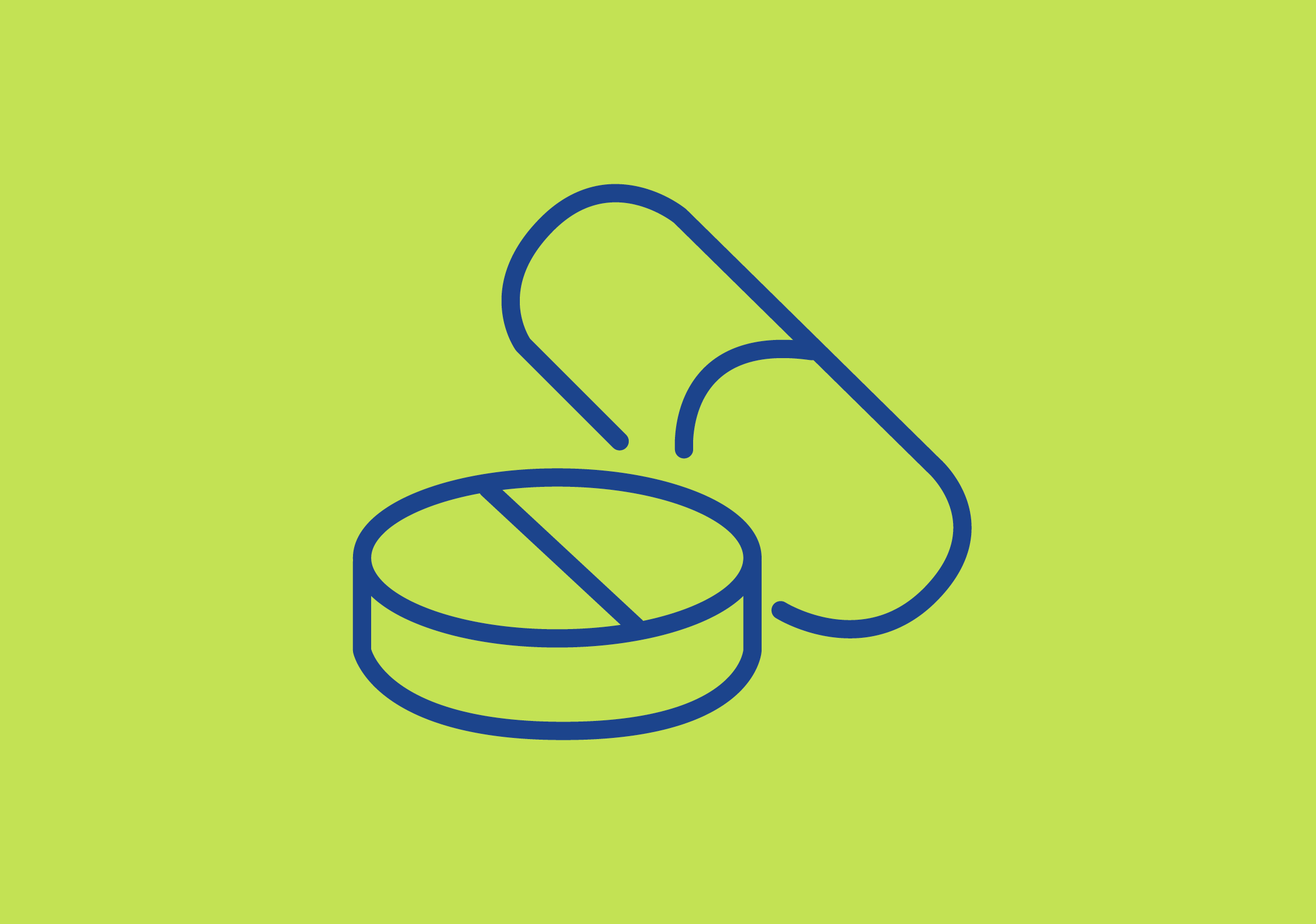Study Shows Timing of BP Meds Does Not Impact Efficacy

According to a new study, there is no clinical advantage to evening administration of blood pressure (BP)-lowering medications over giving those drugs in the morning. The trial, which involved older adults with a median age of 67, demonstrated no difference in major adverse cardiovascular events (MACE) or potential hypotensive, visual, cognitive, or other safety events.
At a median follow-up of 4.6 years, MACE occurred as a primary outcome in 9.7% of participants who received their blood pressure drugs at bedtime and 10.3% of those who got them in the morning. There were no differences between the two groups in safety outcomes and all-cause hospitalizations or emergency department visits.
Lead study author Scott Garrison, PhD, noted that BP usually peaks after waking and hits lows during sleep. And that major cardiovascular events – such as myocardial infarction and stroke—are more strongly linked to nighttime high BP. As this study demonstrated no specific advantages to evening dosing, long-term and senior care settings have some flexibility and can administer BP meds when it is more convenient for both residents and nursing staff.
Read more here.